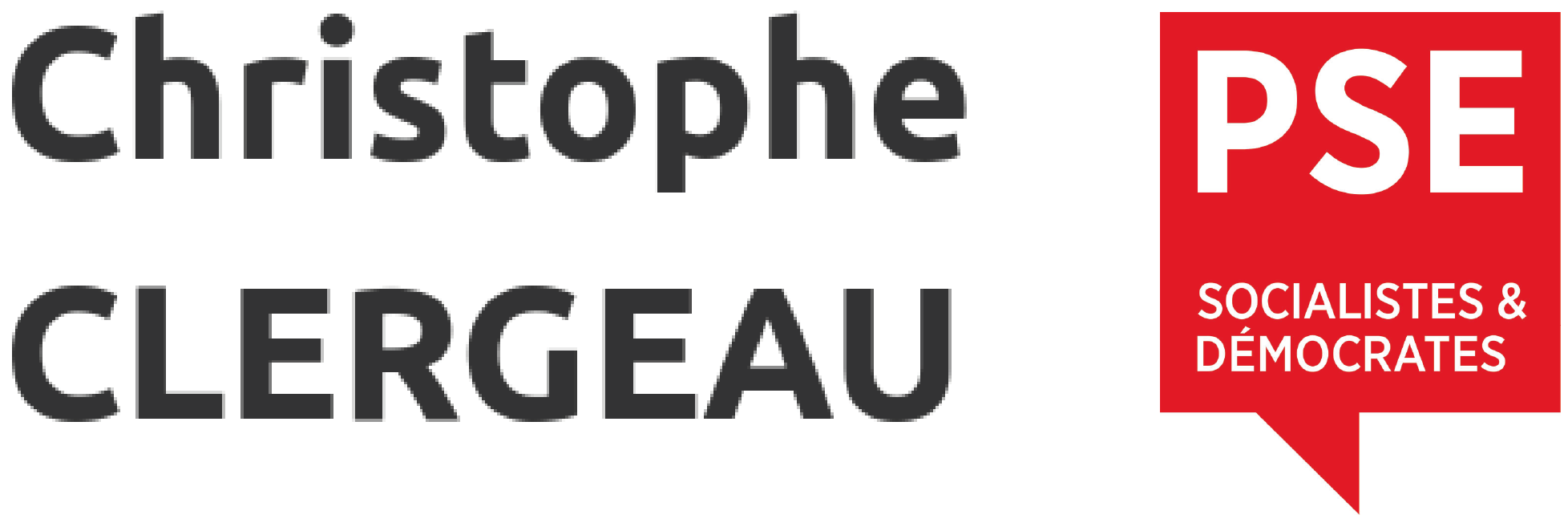Press release
Brussels, Tuesday 9 April
On the 12 March, in an attempt to respond to farmers’ anger movements, the European Commission presented a delegated act authorising Member States to change the year used as a reference for the measurement of the permanent grassland areas maintenance (GAEC 1). The Committee for Agriculture and Rural Development of the European Parliament voted an “early no objection” to this delegated act in an attempt to prevent a real debate. This early non-objection will be announced at the opening of the next plenary meeting on the 10 April without giving rise to a vote. The only way to have a vote on it will be by gathering the signatures of 36 MEPs within 24 hours to oppose this procedure.
“I refuse to see the abandonment of the greening of the CAP happen in political secrecy. Those who take the initiative to betray the commitments made and send the European agriculture into the wall must face their responsibilities in full transparency: Parliament must vote publicly. It is the result of almost three years of negotiations on the last CAP that some would like to liquidate on the sly in just a few days. By next Thursday, I intend to gather the 36 signatures necessary to obtain a real vote on this fundamental issue of maintaining permanent grassland areas. This vote is expected to take place during the last plenary of the mandate at the end of April. We cannot bear such a denial of democracy, » warned Christophe Clergeau, MEP for the Socialists and Democrats Group in charge of agricultural and environmental issues.
“The delegated act proposed by the Commission does not respect EU law, its justification is approximate, and there has been no impact assessment. This text would mark yet another step towards renationalising the CAP by creating further distortions of competition to the detriment of those Member States and farmers that chose to support extensive livestock farming, the permanent grassland areas they occupy, and the environmental services they produce. It must be understood that turning a permanent grassland into arable land means releasing 4 to 6 tons of CO2 per hectare per year, for the next 40 years, » said the MEP.
This delegated act will not address the real problems facing farmers, starting with an unbearable economic insecurity. On the other hand, it would be a catastrophic backsliding for European climate policy. Agriculture is expected to become a carbon sink in the coming years, enabling the European Union to become emission neutral by 2050. The truth is that agricultural soils today continue to release more greenhouse gases than they store. To allow this further reduction of permanent grassland areas would bring down the European Union’s climate ambition without providing any response to the challenges farmers are facing.

